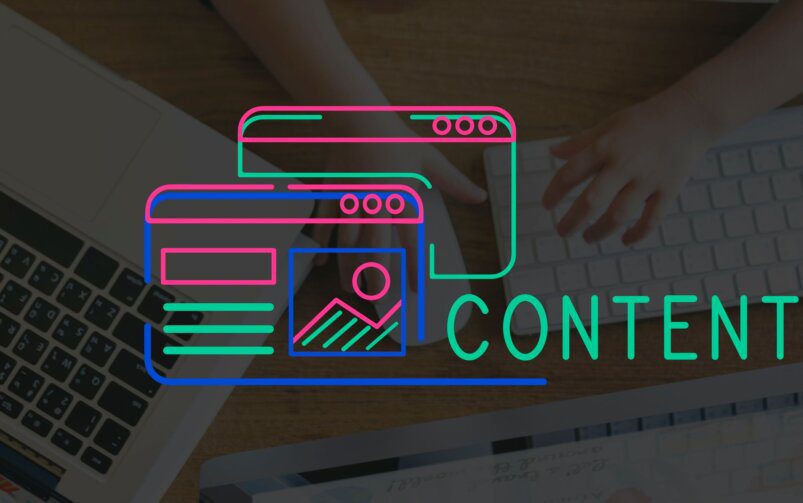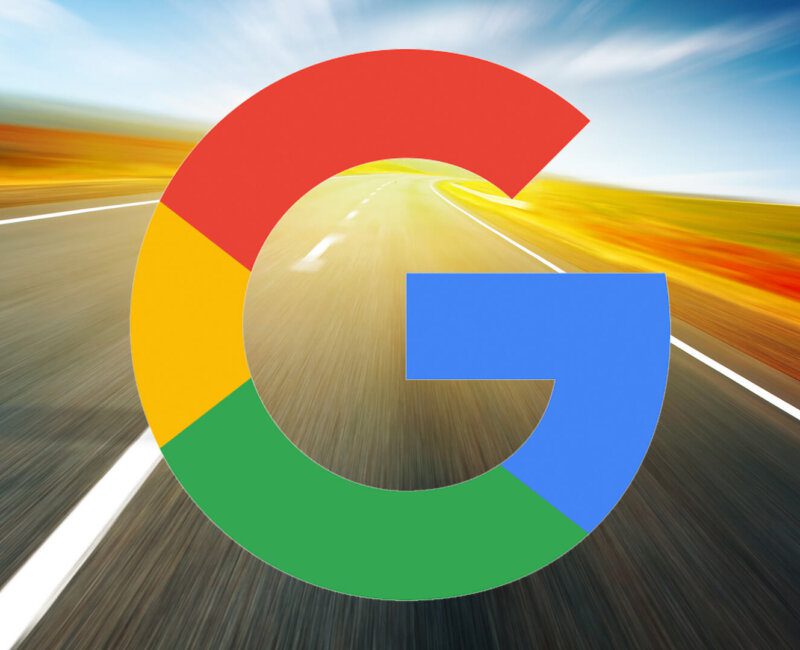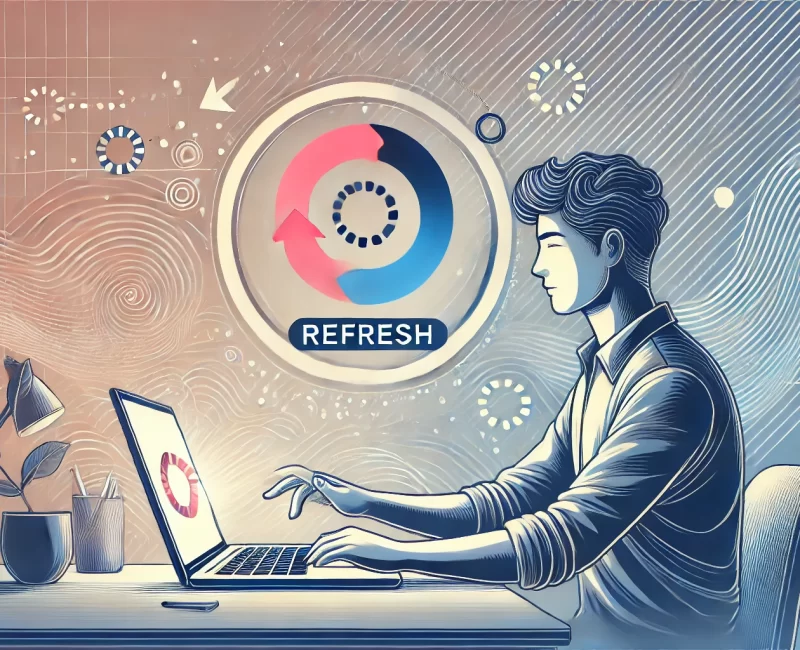
In the ever-changing digital landscape, organisations and individuals alike are continuously looking for ways to improve their online presence. One of the most important but frequently underestimated ways to enhance your internet visibility is to understand and use meta content.
This article discusses meta content, its importance, and how it may be adjusted to improve your internet presence.
What is Meta Content?
Meta content refers to information that describes a web page’s content. It is often hidden from users’ direct view but is crucial for search engines and social media platforms.
This content is primarily found in a webpage’s HTML code and includes elements such as meta titles, meta descriptions, and meta tags.
While invisible to the average user, these elements play a vital role in how search engines interpret and rank your content.
The Importance of Meta Content
Meta content serves several essential functions in the realm of online visibility:
Search Engine Optimisation (SEO)
Meta titles and descriptions are key components of SEO. They help search engines understand the context of your content, making it easier for them to index your pages correctly. A well-crafted meta title and description can significantly impact your click-through rates from search engine results pages (SERPs).
User Experience
Although meta content is primarily aimed at search engines, it also affects user experience. A concise and compelling meta description can entice users to click on your link rather than a competitor’s, thereby increasing your site’s traffic.
Social Sharing
When your content is shared on social media platforms, meta tags determine how your links appear. Properly formatted meta content can enhance the visual appeal of your links, leading to higher engagement rates.
Key Components of Meta Content
To optimise your online presence effectively, it is essential to understand the various components of meta content:
Meta Title
This is the title that appears in search engine results and is crucial for SEO. Ideally, it should be between 50-60 characters, include relevant keywords, and accurately reflect the content of your page. A compelling meta title can encourage users to click through to your site.
Meta Description
This is a brief summary of the page content, typically between 150-160 characters. It should provide a clear and engaging overview of what users can expect when they click on the link. Incorporating keywords and a call to action can enhance its effectiveness.
Meta Tags
These are keywords or phrases that describe the content of your webpage. While their significance in SEO has diminished over the years, they can still aid in categorising your content and improving the user experience.
Open Graph Tags
These tags are used for integrating your content with social media platforms like Facebook and Twitter. They help control how your content appears when shared, including the title, description, and thumbnail image.
Best Practices for Optimising Meta Content
To make the most of your meta content, consider the following best practices:
Conduct Keyword Research
Understand the keywords and phrases your target audience uses when searching for content like yours. Tools like Google Keyword Planner and SEMrush can assist in identifying high-value keywords.
Be Concise and Clear
Ensure your meta titles and descriptions are concise and to the point. Users should be able to grasp the essence of your content quickly.
Include a Call to Action
Phrasing your meta descriptions with a clear call to action can motivate users to click your link. Phrases such as “Learn more,” “Discover how,” or “Get started” can be effective.
Avoid Duplicate Meta Content
Each page on your website should have unique meta titles and descriptions. Duplicate content can confuse search engines and may negatively impact your rankings.
Regularly Update Your Meta Content
As your website evolves and your content changes, ensure that your meta content reflects these updates. Regular reviews can help maintain the relevance and effectiveness of your meta information.
Measuring the Impact of Meta Content
Monitoring key performance indicators (KPIs) is essential for understanding the effectiveness of your meta content.
Tools like Google Analytics can provide insights into the traffic generated by specific pages, the bounce rate, and the average time spent on a page. These metrics can help you assess whether your meta content attracts and engages users.
Conclusion
In conclusion, understanding and optimising meta-content is crucial to enhancing your online presence.
By effectively leveraging meta titles, descriptions, and tags, you can improve your search engine rankings, attract more visitors to your site, and ultimately achieve your online objectives.
As the digital landscape evolves, staying informed about best practices in meta-content will be vital for maintaining a competitive edge. Invest time refining your meta content today, and watch as your online presence flourishes.









